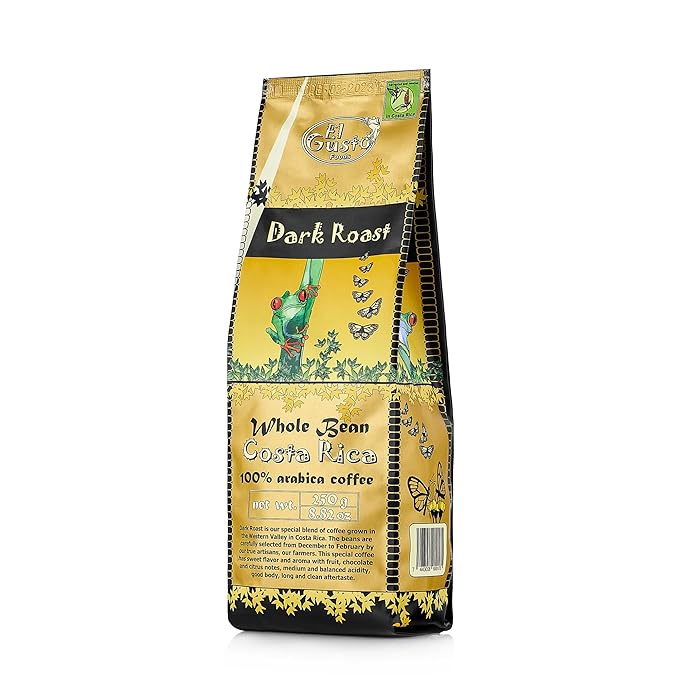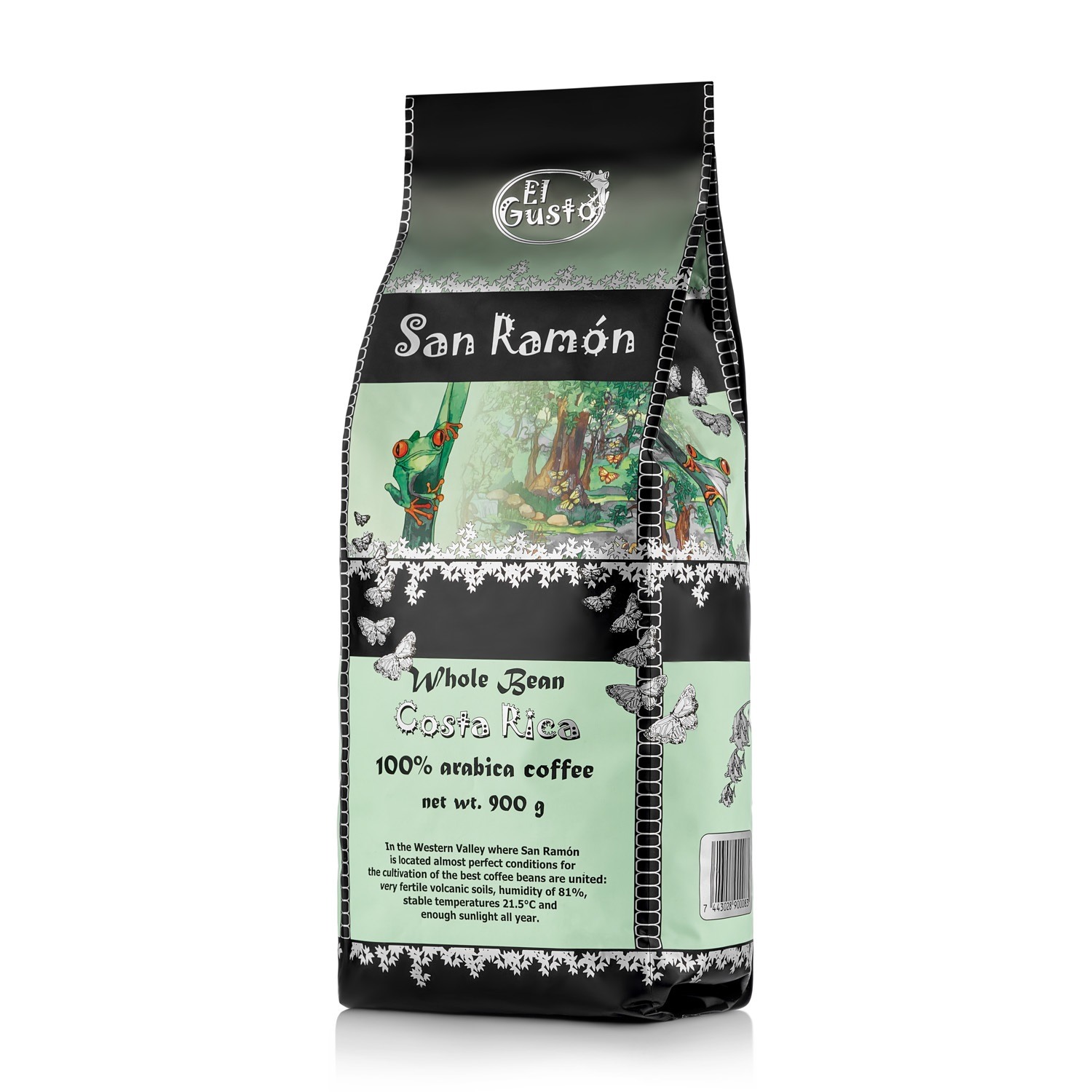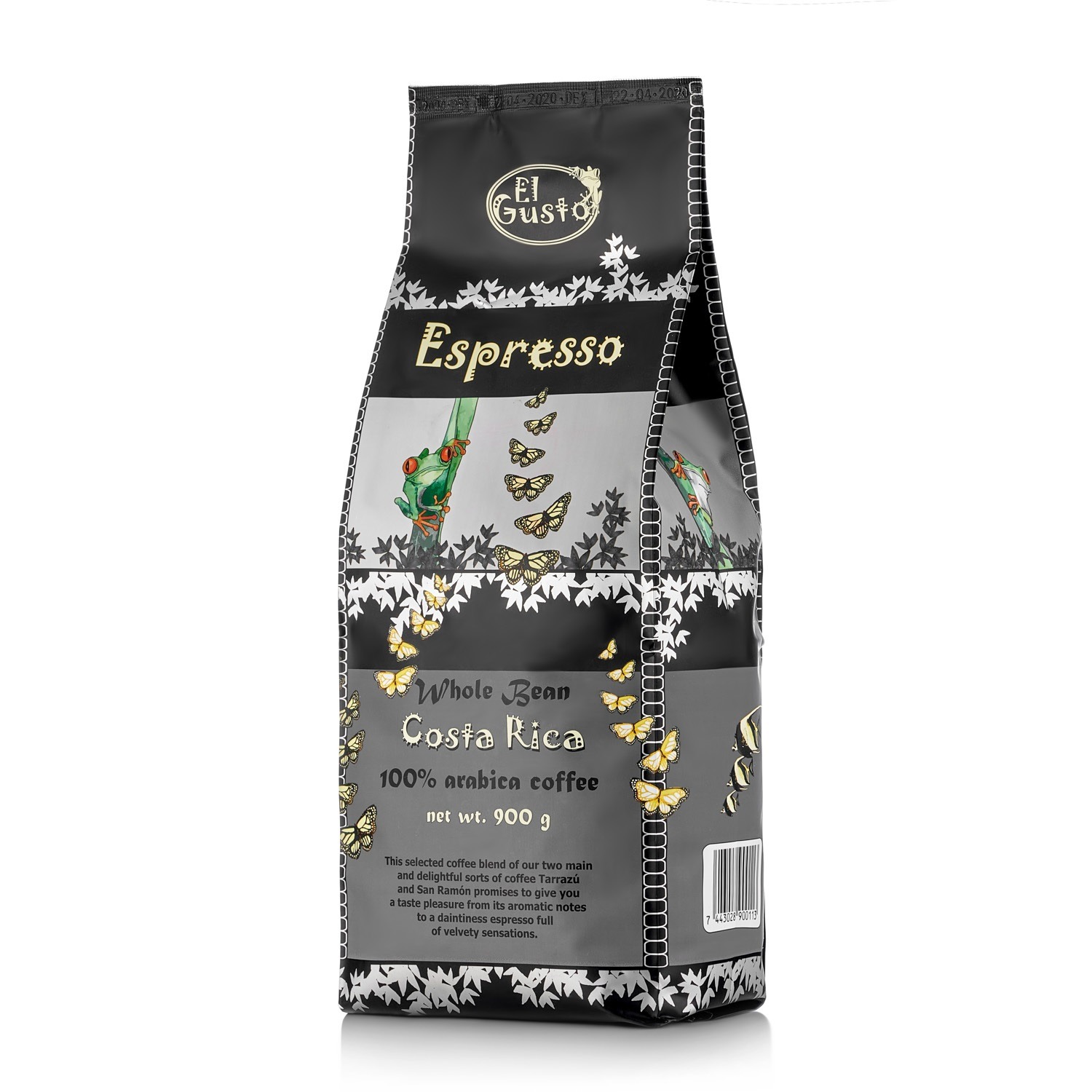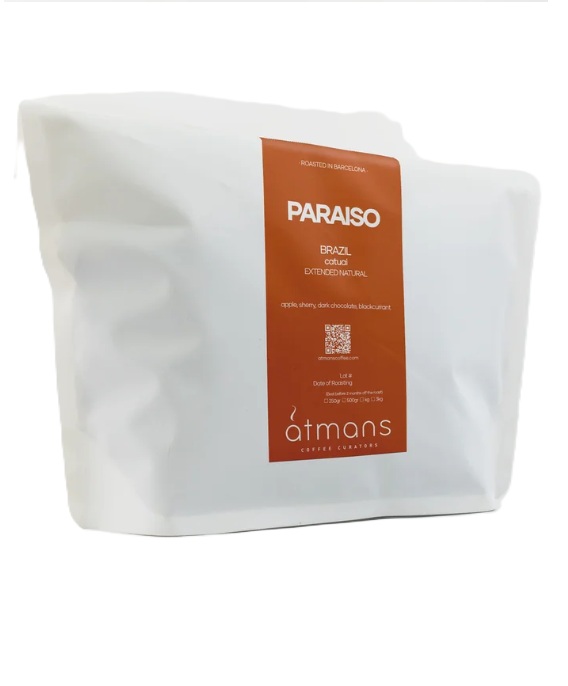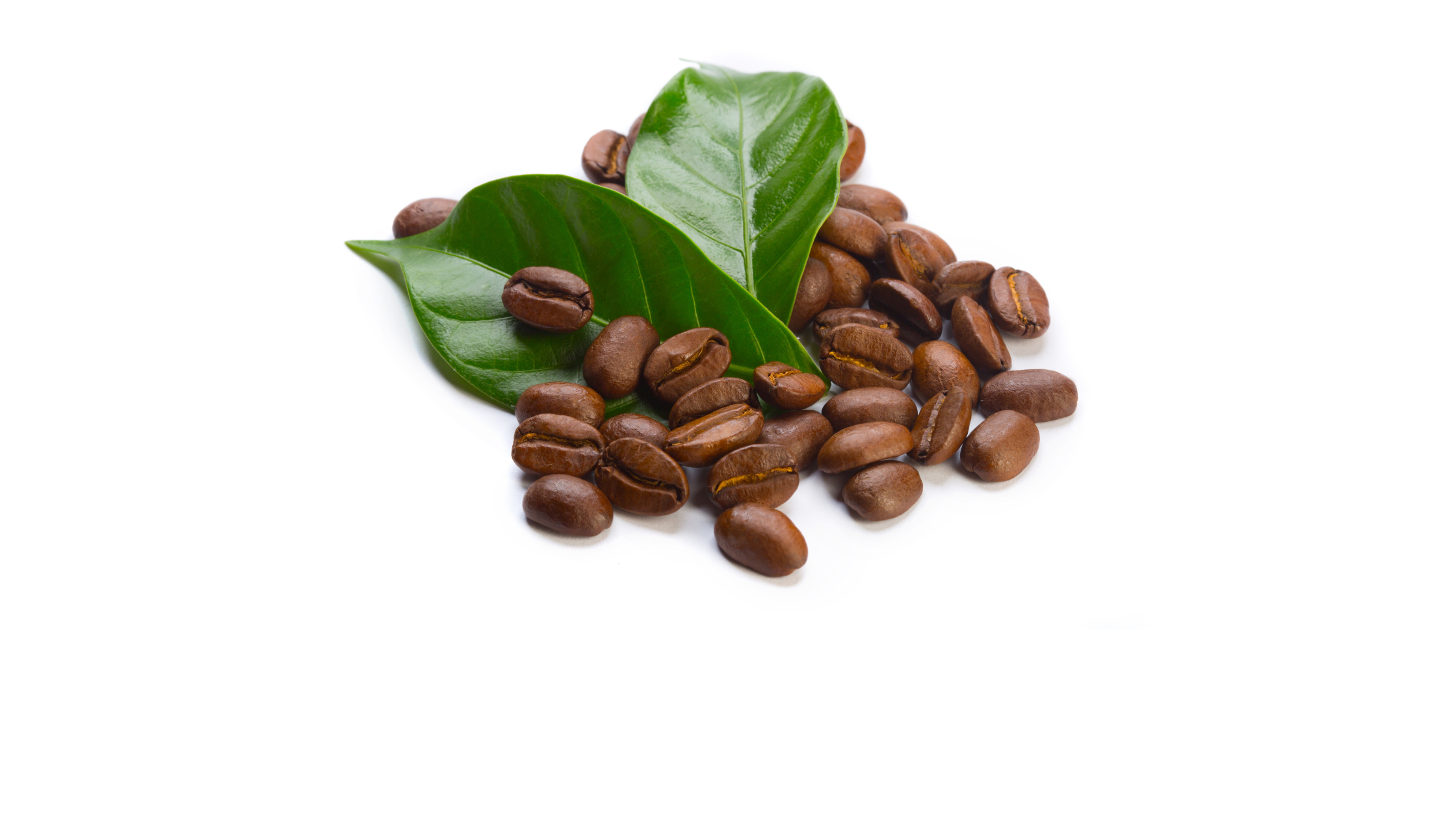
Can You Freeze Coffee? Myths, Facts & Best Practices for Freshness
Table of Contents
- Can You Freeze Coffee? Myths, Facts & Best Practices for Freshness
- Why Do People Freeze Coffee?
- Myths About Freezing Coffee
- ❌ Myth 1: Freezing ruins the flavor
- ❌ Myth 2: You can’t freeze ground coffee
- ❌ Myth 3: Thawing and refreezing is fine
- How Freezing Coffee Actually Works
- Best Practices for Freezing Coffee
- ✅ Use Airtight, Moisture-Proof Containers
- ✅ Freeze in Small Portions
- ✅ Thaw Properly
- ✅ Only Freeze Once
- Should You Freeze Coffee at All?
- How Long Does Frozen Coffee Stay Fresh?
- Freezer vs. Fridge
- Alternatives to Freezing Coffee
- Conclusion: Is Freezing Coffee Worth It?
Can You Freeze Coffee? Myths, Facts & Best Practices for Freshness
- azeem memon
- 25-04-2025
- 21-07-2025
- 1273 views
- Coffee Shop

Can You Freeze Coffee? Myths, Facts & Best Practices for Freshness
In the world of coffee, freshness is everything. That first sip in the morning? It hits differently when the beans are perfectly stored. But what if you’re not drinking your beans fast enough? One question often stirs debate among coffee lovers: Can you freeze coffee? Let’s explore the science, the myths, and how to do it right if you decide to freeze your coffee.
Why Do People Freeze Coffee?
Coffee, like most foods, degrades over time when exposed to:
-
Air (oxygen)
-
Moisture
-
Light
-
Heat
Freezing seems like a logical solution. It slows down oxidation and helps preserve the beans, especially if you’ve bought in bulk or scored a limited-edition roast you want to save.
Myths About Freezing Coffee
❌ Myth 1: Freezing ruins the flavor
Fact: Incorrect freezing can ruin your coffee — not freezing itself. If your beans aren’t sealed properly, they can absorb odors and moisture from the freezer (hello, fishy-tasting espresso 🤢).
❌ Myth 2: You can’t freeze ground coffee
Fact: You can — but it’s not ideal. Ground coffee has more surface area exposed to air and degrades faster, even when frozen. Whole beans freeze better.
❌ Myth 3: Thawing and refreezing is fine
Fact: Big mistake! Repeated temperature changes create condensation, leading to moisture damage and stale coffee.
How Freezing Coffee Actually Works
When coffee is frozen correctly:
-
Oxidation slows dramatically
-
Moisture is kept out
-
Flavors are preserved for months longer
In fact, many professional baristas and coffee shops keep rare beans in deep freezers to maintain freshness until they’re needed.
Best Practices for Freezing Coffee
If you decide to freeze your coffee beans, follow these expert tips:
✅ Use Airtight, Moisture-Proof Containers
-
Vacuum-sealed bags or jars work best.
-
Avoid flimsy zipper bags — they leak air and moisture.
✅ Freeze in Small Portions
-
Divide your beans into single-use batches so you only thaw what you need.
-
Less exposure = better taste.
✅ Thaw Properly
-
Take the beans out and let them reach room temperature before opening the bag. This avoids condensation.
✅ Only Freeze Once
-
Once thawed, do not refreeze. Treat frozen coffee like meat — one thaw only.
Should You Freeze Coffee at All?
It depends on your situation:
-
✅ Yes if: You bought a large amount of high-quality beans and won’t use them all within a month.
-
❌ No if: You’re buying small batches weekly and using them quickly.
Freezing makes the most sense for specialty beans, long-term storage, or those living far from good roasters.
How Long Does Frozen Coffee Stay Fresh?
-
Whole beans: Up to 4 months
-
Ground coffee: 1–2 months (if frozen properly)
-
After thawing: Use within 1 week for best flavor
Freezer vs. Fridge
Never store your coffee in the fridge. The temperature is too inconsistent and full of moisture and odors. Your fridge is better for milk. Your freezer? Great for coffee — if done right.
Alternatives to Freezing Coffee
If you’d rather avoid the freezer, here are some storage tips to keep beans fresh:
-
Store in an opaque, airtight container
-
Keep away from light, heat, and moisture
-
Use a coffee vault or a vacuum-sealed canister
-
Buy smaller amounts more often
Conclusion: Is Freezing Coffee Worth It?
Absolutely — if you’re strategic. Freezing won’t magically extend coffee’s life forever, but it can preserve those rich flavors and aromas for weeks or even months longer. Just remember: quality beans + proper storage = amazing coffee every time.
Whether you’re a daily drip drinker or a weekend espresso explorer, freezing can be a smart move in your coffee journey.








